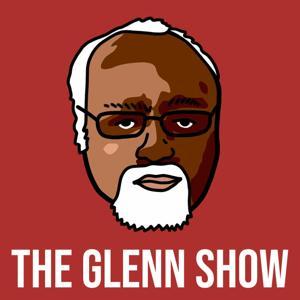Send us a text
A conversation with Andrew Wagner, production and manufacturing engineer, now in aerospace, but with experience also in the auto industry.
We trace how transaction costs shape production, from Adam Smith’s pin factory to Toyota’s SMED, and why empowering workers and redesigning tools can raise quality while cutting cost. An aerospace manufacturing engineer joins us to unpack Little’s Law, line reconfiguration, and the culture that makes flexibility real.
• division of labor limited by the extent of the market
• sub shop and Chipotle as live line-balancing examples
• Smith’s three productivity drivers applied to modern factories
• Little’s Law guiding WIP, stations, and throughput
• costly line changes and capacity planning in auto plants
• meta-tools, CNC, and multi-operation automation
• stamping dies, SMED, and Toyota’s flexibility edge
• just-in-time, early error detection, and quality economics
• U.S. responses: robotics, platforms, and Deming at Ford
• NUMMI proof: same workforce, new system, better output
• CAD parametrics, modular design, and clay by robot
• structure by design: darts, curves, and manufacturability
• specialization, ergonomics, turnover, and the $5 day
• worker empowerment as applied Hayekian local knowledge
• letter on bureaucracy, spending, and the social order book pick
Some links:
- Workload modeling and "Little's Law"
- Little on Little's Law
- "Just In Time" inventory and manufacturing
- Edwards Deming's "14 Principles for Management"
Book o'da'Month: Jacques Rueff, THE SOCIAL ORDER
If you have questions or comments, or want to suggest a future topic, email the show at
[email protected] !
You can follow Mike Munger on Twitter at @mungowitz




































